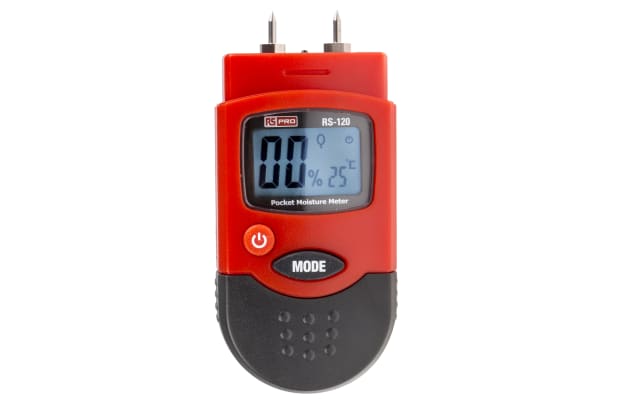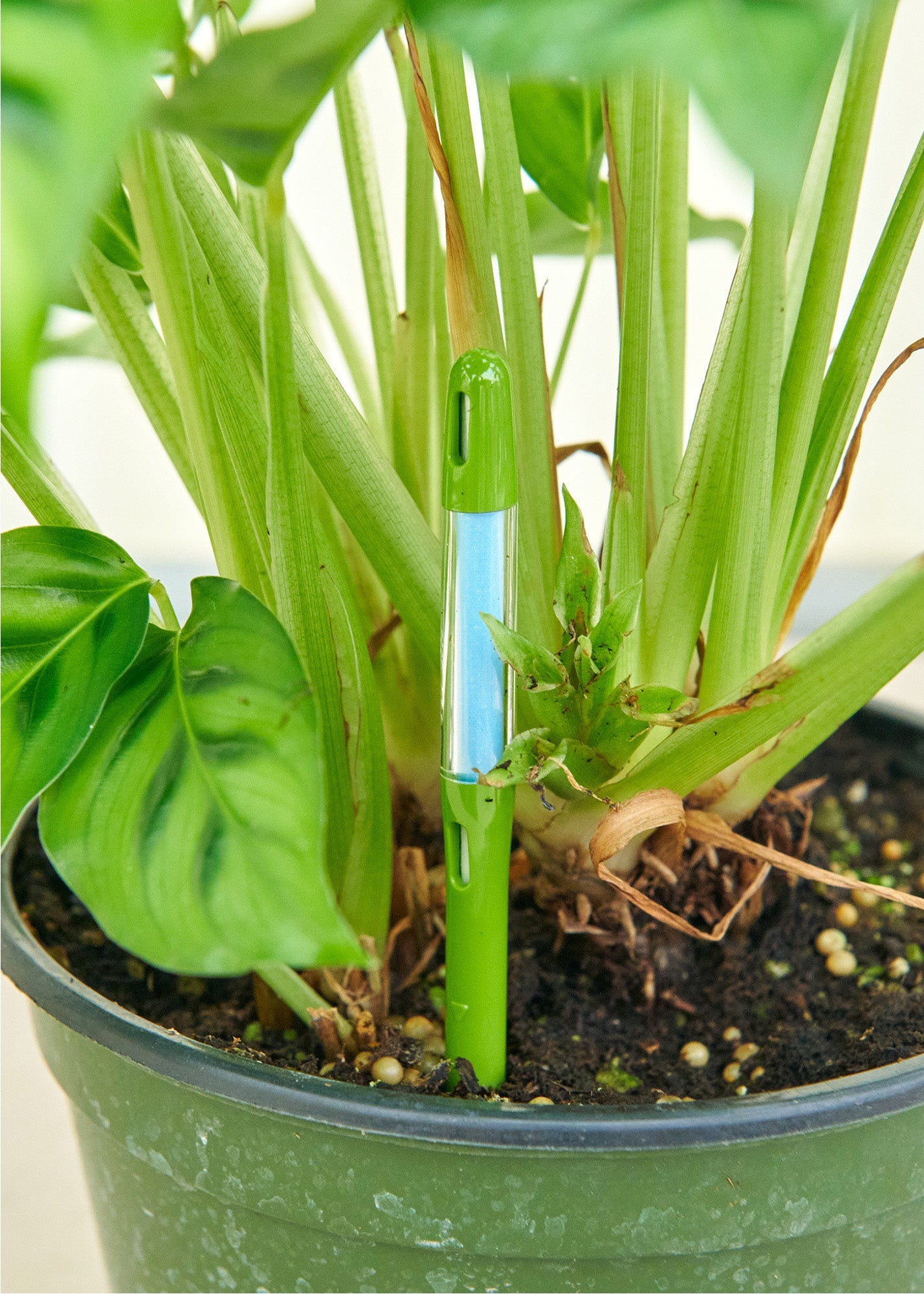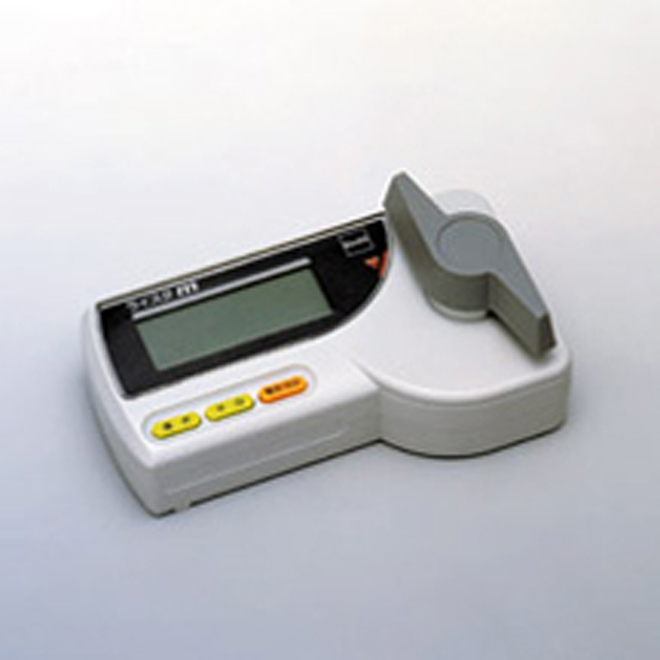The Ultimate Overview to Moisture Meters: A Comprehensive Review and Exactly How They Can Save You Money
In the realm of structure maintenance, building and construction, and different industries, the importance of properly measuring moisture degrees can not be overemphasized. Wetness meters act as essential tools in finding and monitoring moisture web content in products, aiding in avoiding costly problems and making certain the quality of products. Understanding the subtleties of various kinds of moisture meters, their applications, and the prospective cost-saving advantages they provide can be a game-changer for businesses and experts alike. Finding just how these devices can not just simplify procedures but also contribute to financial savings is a journey worth getting started on.
Sorts Of Moisture Meters
One usual kind is the pin-type moisture meter, which measures the electrical resistance between two pins put right into a product. Pinless dampness meters, on the other hand, usage electro-magnetic sensor plates to check a larger location without triggering damages to the material's surface.
Moreover, there are also specialty moisture meters made for particular materials like grain, hay, or soil. These meters give accurate dampness readings tailored to the special residential properties of the product being examined. Infrared wetness meters determine the thermal residential properties of a material to establish its dampness content non-invasively, making them beneficial for applications where pin or pinless meters may not be ideal. Understanding the various kinds of moisture meters available can help markets select one of the most proper tool for their details wetness dimension demands.

Advantages of Using Moisture Meters

Furthermore, utilizing moisture meters can result in enhanced energy performance. By identifying areas with high dampness levels, such as leakages or inadequate insulation, modifications can be made to boost power conservation and lower utility expenses. In agricultural settings, wetness meters play a crucial duty in enhancing crop yields by enabling farmers to keep track of soil moisture degrees and make informed watering choices. Overall, the benefits of utilizing dampness meters extend across numerous markets, supplying affordable solutions and advertising much better quality assurance techniques.
Exactly How to Select the Right Moisture Meter
Selecting the ideal dampness meter involves taking into consideration key variables such as product compatibility, dimension variety, and calibration precision. When selecting a dampness meter, it's vital to ensure that the meter appropriates for the particular product you will certainly be screening. Different products have differing electric buildings that can impact moisture analyses, so selecting a meter made for your product is critical for exact results. In addition, think about the measurement variety of the moisture meter. Ensure that the meter can find moisture degrees within the array required why not check here for your applications. Calibration accuracy is an additional vital aspect to bear in mind (Moisture Meter). Opt for a wetness meter with trustworthy calibration to guarantee consistent and specific readings. Some meters might require regular calibration changes, so recognizing the calibration procedure is essential. By meticulously evaluating these variables, you can choose a moisture meter that meets your requirements and offers precise dampness measurements for your projects.
Appropriate Techniques for Moisture Meter Use
To make certain accurate moisture analyses and make best use of the effectiveness of a wetness meter, employing appropriate techniques is crucial. When using a pin-type dampness meter, place the pins or probes into the product being evaluated up until they make full call. By complying with these correct techniques, customers can depend on their dampness meter to provide reliable dampness levels, assisting in preventing pricey damages or making certain high quality in different applications.

Price Financial Savings Via Moisture Meter Applications
How can the tactical utilization of wetness meters result in significant price financial savings throughout different industries? Wetness meters play a critical function in price savings by preventing possible damages and ensuring quality assurance in various fields. In the agriculture sector, wetness meters aid in identifying the optimum time for collecting crops, avoiding over-drying or excess moisture that can influence the last item's high quality. This specific tracking assists farmers avoid unnecessary losses and maximize their yield.

Moreover, in the food processing sector, dampness meters are necessary for monitoring product high quality and ensuring compliance with find more security policies. By accurately measuring wetness content in foodstuff, suppliers can stop wasting, maintain quality, and minimize waste, resulting in considerable cost financial savings. Overall, the strategic application of moisture meters is a beneficial financial investment that can cause considerable expense reductions and boosted effectiveness across various sectors.
Final Thought
In verdict, dampness meters are useful tools for discovering and measuring moisture levels in numerous products. By utilizing the best dampness meter and complying with proper methods, users can properly prevent expensive problems triggered by excess dampness.
Moisture meters serve as important tools in spotting and monitoring moisture content in products, aiding in avoiding expensive damages and making sure the high quality of items. Infrared dampness meters measure the thermal buildings of a material to establish its moisture content non-invasively, making them useful for applications where pin or pinless meters may not be suitable.Dampness meters provide invaluable benefits in properly assessing and monitoring moisture levels in varied materials and environments. In farming settings, moisture meters play an essential role in maximizing plant returns by allowing farmers to monitor dirt dampness levels and make educated watering choices.In verdict, dampness meters are important tools for determining and finding dampness degrees in various materials.